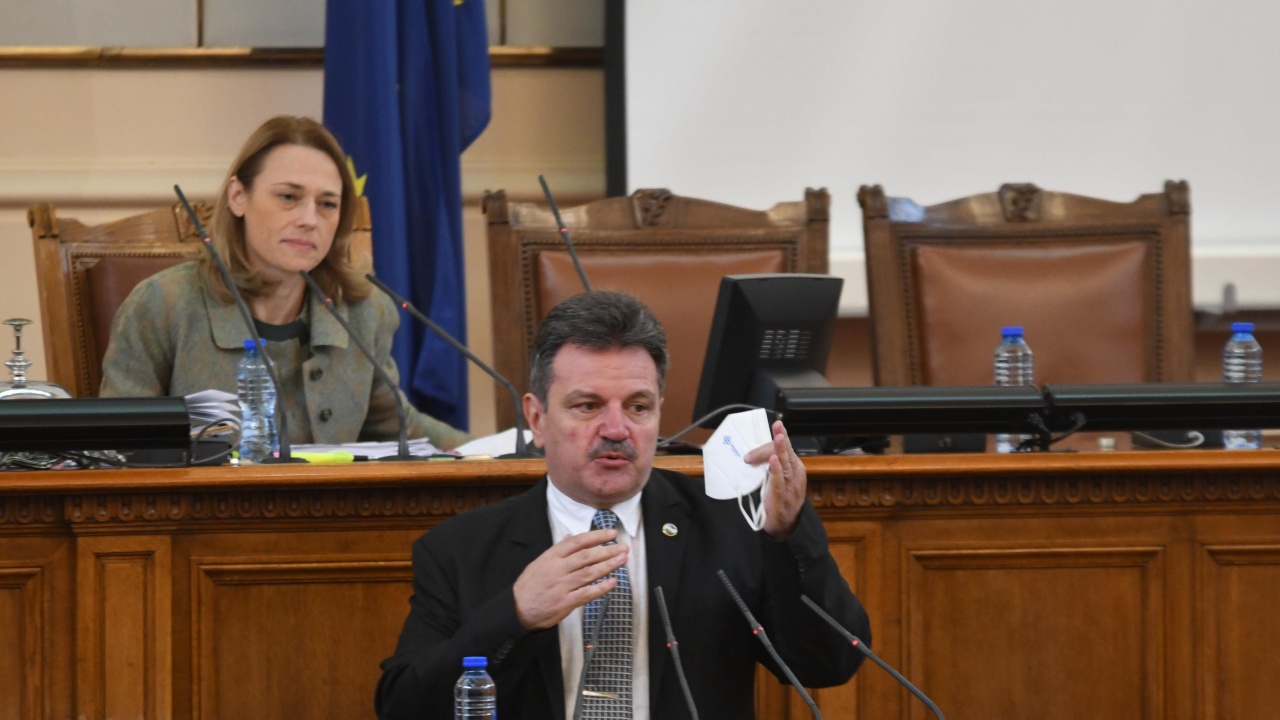Are there changes in the coronavirus and the flu, or do our immune systems respond differently, so there is currently a peak of flu and less of the coronavirus? Why did flu vaccines run out during the flu boom? I am talking about the subject with Dr. Alexander Simidchiev, pulmonologist, internist with many years of experience in the field of lung functional diagnostics. He is the head of department at the Medical Institute of the Ministry of the Interior. Dr. Simidchiev is the chairman of the Board of Directors of the Association "Air and Health". He is a member of parliament from the DB quota and vice-chairman of the standing committee on health care in the parliament.
A virus is an environmental factor trying to survive, and how we survive it depends largely on our own immune system.
At the moment, we cannot claim that the strength of the coronavirus has weakened, but rather that enough people have already encountered it and
we have built immunity, a protective wall, which is why getting sick is now easier.
If we had not met him, we would have had the same results as those two and a half years ago.
That is why it is correct to say that the virus has not weakened, but that our immune system has trained enough - with illness and vaccines, and therefore reacts more adequately to the infection.
However, the opposite happened with the flu.
While we had measures in place to contain covid, the flu failed to spread
and in the last 2 years, our immune system forgot about it, that's why its current spread is more violent and we react to it more sharply than to covid.
Every doctor who promotes vaccination thinks prophylactically, as modern medicine dictates – to protect.
This is what a preventive approach to good public health is all about.
People who had covid and saw what happens during a pandemic are now more likely to get a flu shot.
The problem, however, is that as many vaccines are supplied as are normally used.
For covid, we had provided more and they remained unused, as you know that in our country the vaccination coverage is only about 30 percent.
De facto, 2/3 of the vaccines remained, part of which was scrapped and another part sent to other countries.
Standard flu vaccination coverage is usually between 1-2% of the population.
When there is increased demand, shortages are registered in the market.
Vaccines must be planned, ordered, manufactured and delivered domestically.
That is why it is necessary to have information campaigns that explain to people in detail everything about this process.
Also about prevention and the importance of vaccines, which for years help preserve public health.
Respiratory viruses are many and varied.
For some of them we have preventive measures, for others we don't.
We are already aware of reasonable hygienic behavior, also observing a greater distance - 2 m, wearing masks and sick people staying at home instead of spreading the infection that spreads through the air-droplet way.
In order to live and enjoy public goods, we must be able to live as a community.
I.e.
not only to think about what rights we have, but also about our duties.
For example, the right to have free health care goes through our obligation to be able to finance it as a community.
Our rights and responsibilities must be well balanced.
flu
coronavirus
Dr. Alexander Simidchiev
